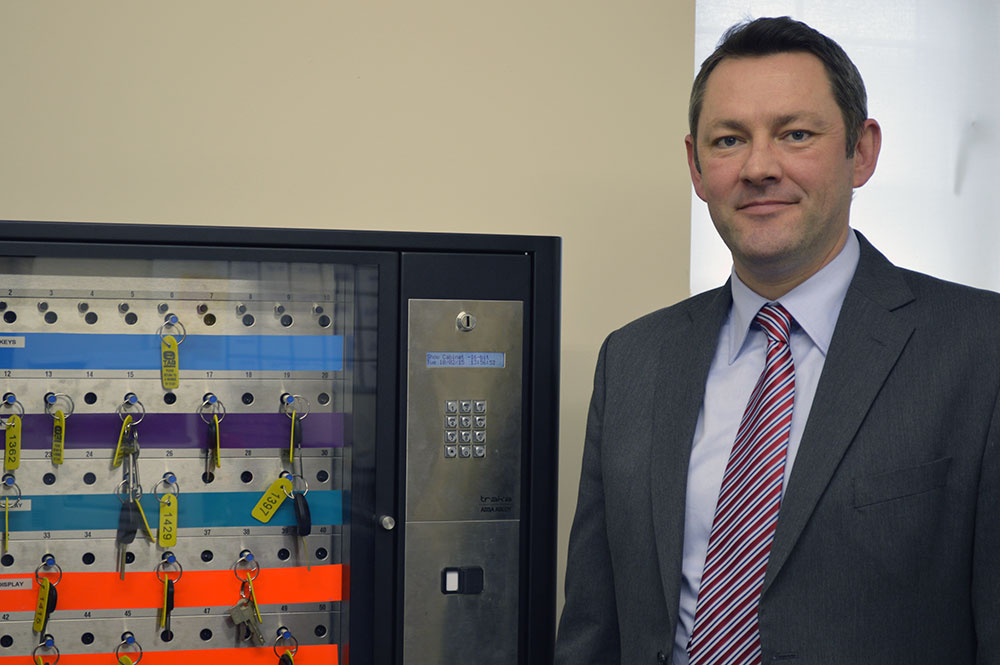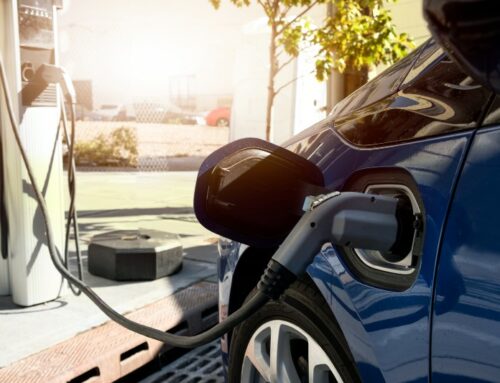THE Connected Car revolution is well underway and with it comes a wealth of new actionable data.
Chip vendor Intel estimates that the average Connected Car is already generating over 4,000GB of usage data per hour.
As we transition to fully autonomous driving and need to collect and analyse multiple sensor and LiDAR data then, the next generation of vehicles could generate 5,100TB of data each year.
According to consultants McKinsey, the overall revenue on offer from monetising this driving data could reach $750 billion globally by 2030. McKinsey predicts there will be 380m Connected Cars on the world’s roads by the end of 2021.
OEMs and other suppliers to our sector are already using this car usage data. Here’s what Tesla is doing in car data analysis:
- It uses drivers’ data to cut their motor insurance premiums by up to 30% (only on Tesla cars sold in California right now). The rich driver behaviour data, combined with location tracking, enables them to assess accident risk, theft and averages speeds more accurately, and to price motor insurance accordingly.
- It taps into and analyses Tesla driver data to deliver driving behaviour insights and personalised experiences directly to their drivers.
- It understands that giving access to personal data needs to be a worthwhile transaction –palpable value needs to be returned to the data owner for this to work, otherwise the driver can legitimately deny access to what is, after all, their personal data.
Everything that Tesla is doing today to get closer to customers by amassing and analysing driver data and then offering value added services to customers in return, can also be offered by enterprising UK car dealers right now.
Meanwhile BMW Group is also working up its Connected Car data strategy:
- New BMW drivers are offered a BMW CarData service via its ConnectedDrive customer portal.
- BMW CarData promises BMW dealers, once they’ve obtained the customer’s data permission, access to general status, mileage level and service requirements data which can then be used to send servicing alerts to the customer, proactively offering part changes before they wear out and much more.
- As well as franchise dealerships, it’s also possible for insurance companies, fleet managers and other authorised third parties to register with BMW CarData, so that it’s possible that many of the benefits mentioned above will be offered via the manufacturer itself if you buy a new ‘connected’ BMW.
So, the question to consider as connected car services are rolled out by your OEM is: ‘Do I want to retain control of my customers’ driving data and the services I am able to offer them to help retain them or am I comfortable with leaving that control to my OEM(s)?’
It may depend what your OEM offers via their connected car service and how much you trust them not to share the information (about the cars your dealership has sold) with other third parties
The key is to get in early to offer these services; learn what services your existing customers most value and which positively impact customer loyalty the quickest. By getting ahead of your OEMs, you will be able to call the shots when they offer you their equivalent of BMW CarData.







Leave A Comment